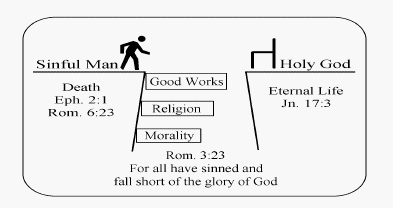 |
| Photo by Dyanna Hyde [CC BY-ND 2.0] |
“Again you have heard that it was said to those of old, ‘You shall not swear falsely, but shall perform your oaths to the Lord.’ But I say to you, do not swear at all: neither by heaven, for it is God’s throne; nor by the earth, for it is His footstool; nor by Jerusalem, for it is the city of the great King. Nor shall you swear by your head, because you cannot make one hair white or black. But let your ‘Yes’ be ‘Yes,’ and your ‘No,’ ‘No.’ for whatever is more than these is from the evil one.”
Exodus 20:16
“You shall not bear false witness against your neighbour”.
In the Talmud, the story is told of a king who had two jesters. He sent one of them out to bring to him the best thing in the world and the other, to bring back to him the worst thing in the world. In a short while both jesters returned, each with a package. The first bowed low, opened his package and exclaimed “the best thing in the world, sire!” Before the king was a TONGUE. The other jester began to laugh and quickly un-wrapped his bundle. “The worst thing in the world, O King!” he said, and behold, another TONGUE. And so it is! The tongue has the most awesome power in the entire world. By a word, fortunes are gained or lost; by a word men are exalted or debased; by a word, the course of a nation is determined; by a word, God is praised or denied; and by a word, man shall be eternally condemned or glorified.












